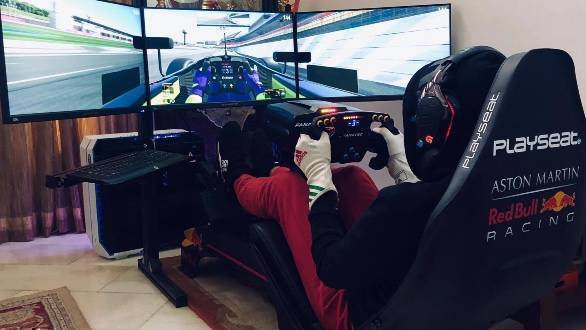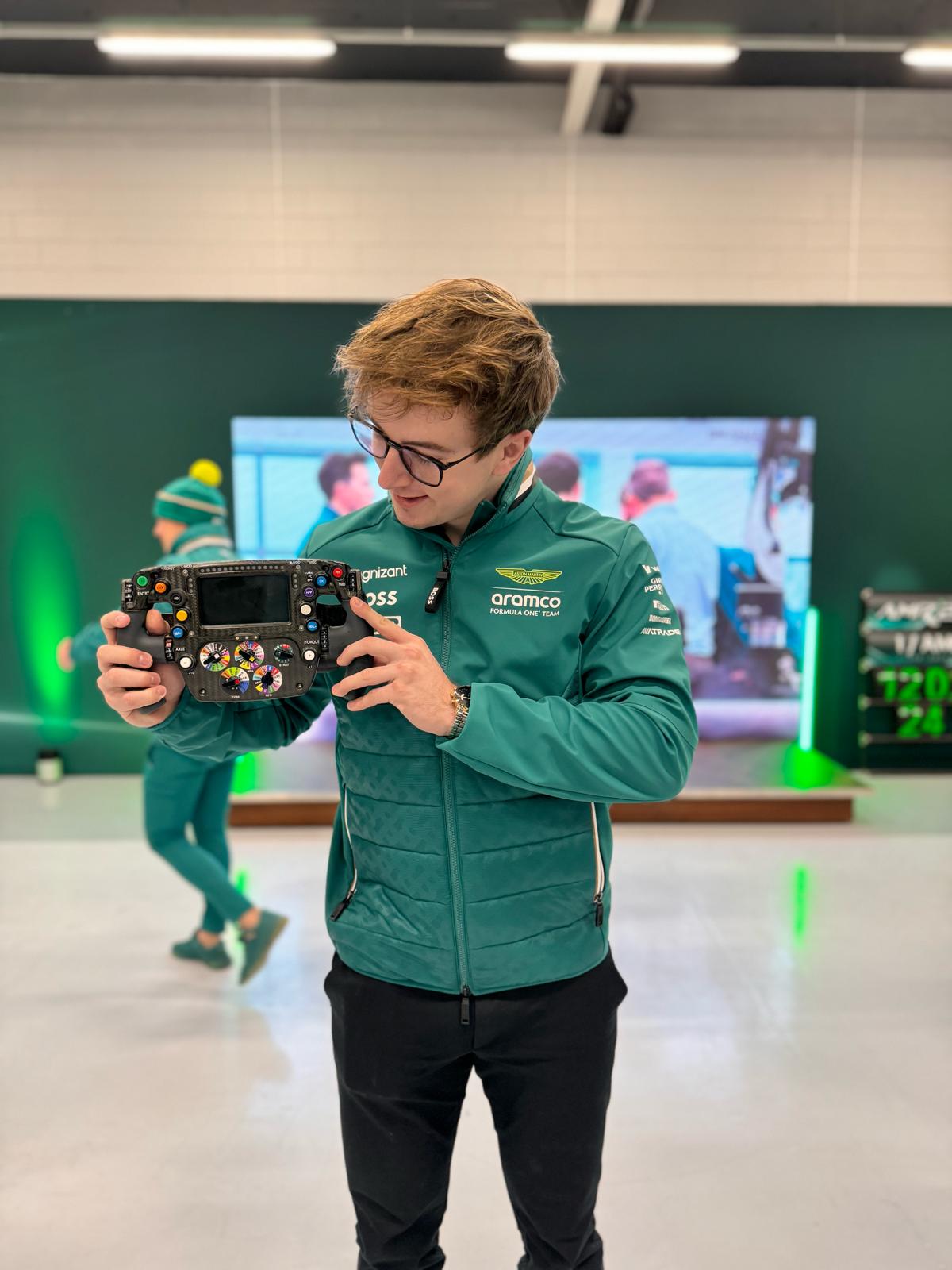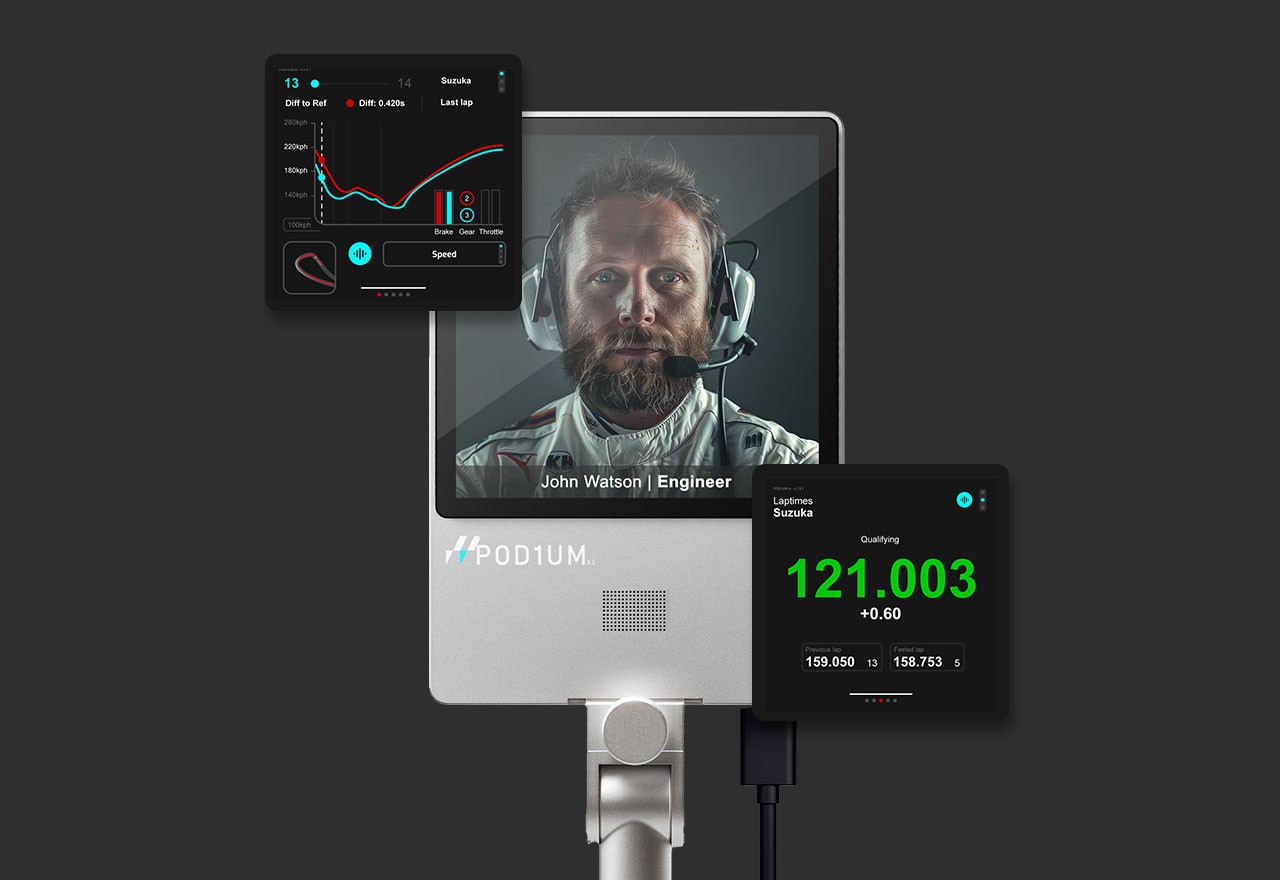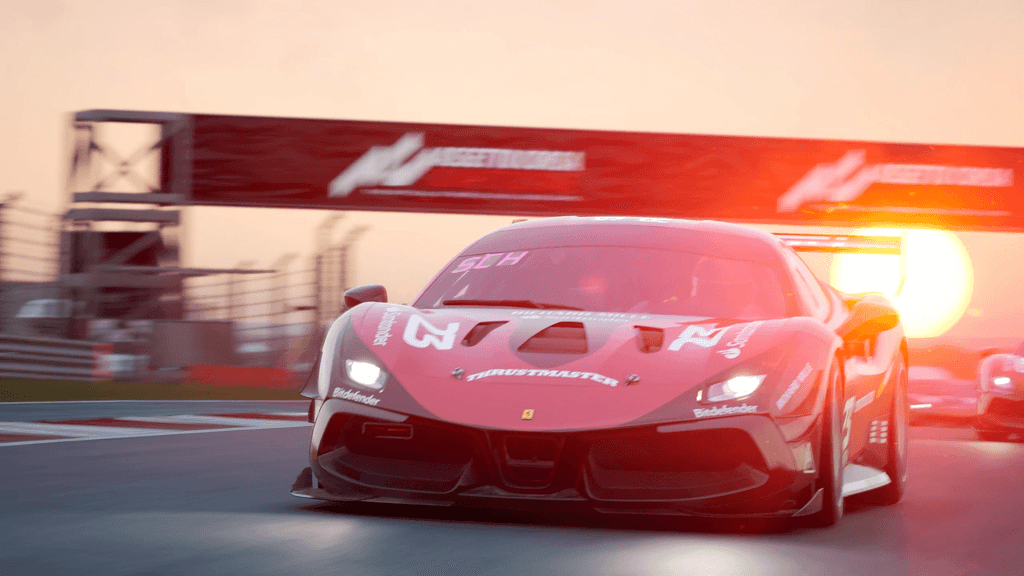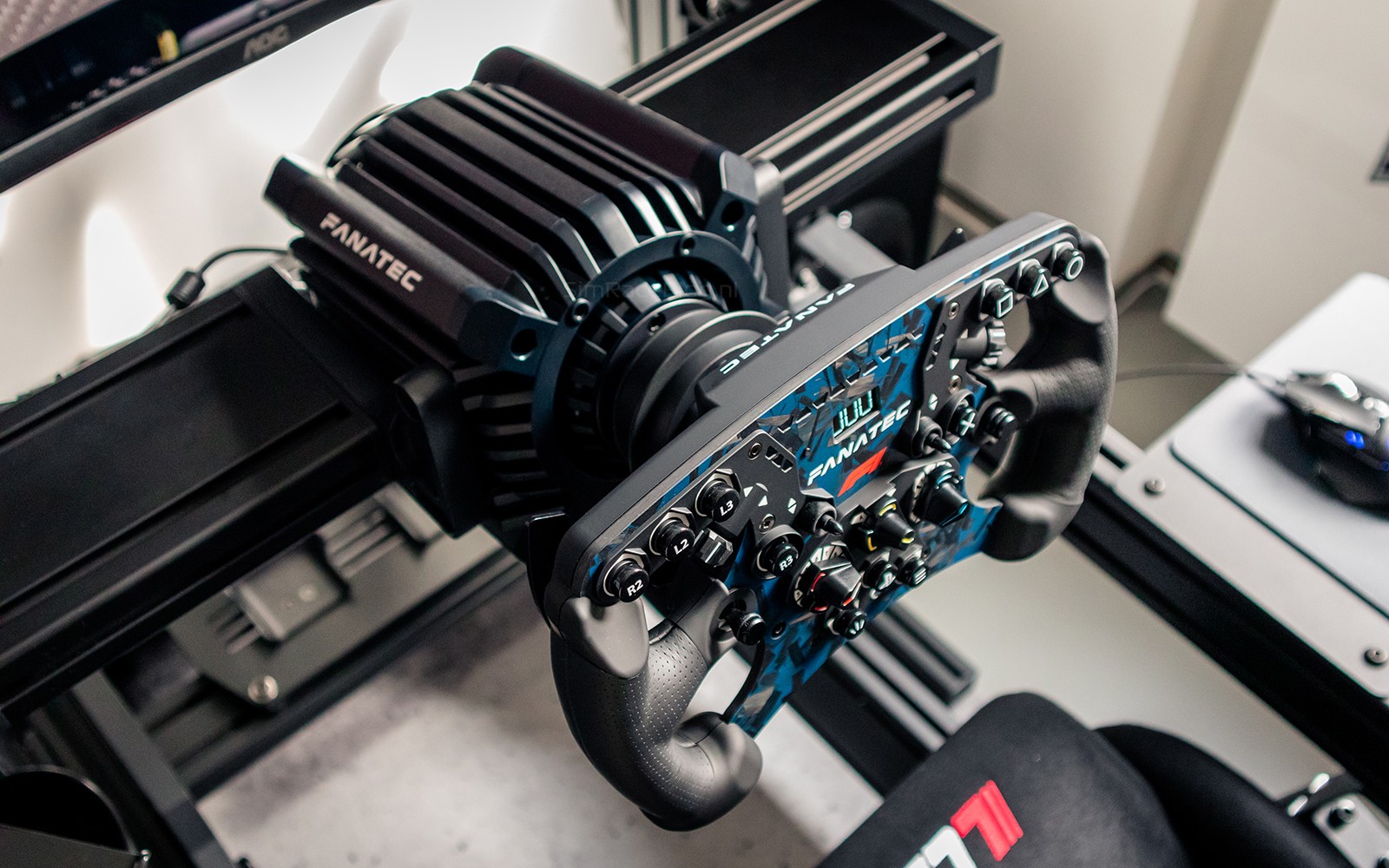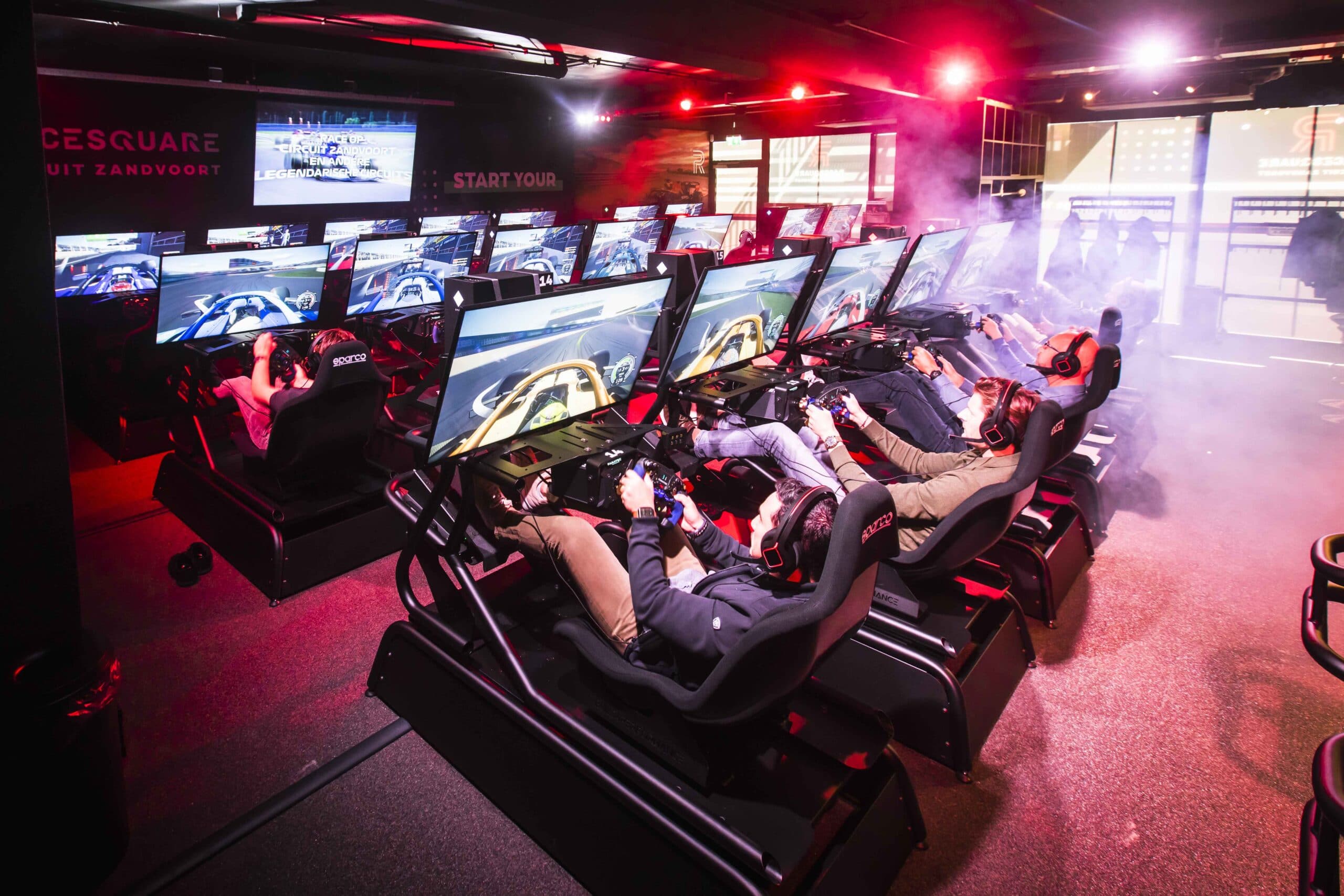The Future of Sim Racing: How AI is Shaping Virtual Motorsports
News & Insights
3 Min Read
By Nicholas Gallois | CEO POD1UM Ai
AI is transforming the future of sim racing, offering advanced performance analytics, predictive race strategies, and real-time coaching. As technology advances, AI is becoming an essential tool for both professional racers and casual players alike, revolutionizing the way we race in virtual environments.
Sim racing has evolved tremendously over the years, with technology playing a pivotal role in driving this transformation. The integration of Artificial Intelligence (AI) into sim racing is reshaping how drivers train, race, and improve their performance on virtual tracks. As AI technology advances, its role in the future of sim racing is becoming more significant, creating exciting opportunities for both amateurs and professionals alike.
How AI is Changing the Way We Race
AI in sim racing isn't just about making the races more immersive—it's about elevating the performance of drivers through smart data analysis and real-time feedback. By leveraging advanced algorithms, AI tools can analyze a driver’s performance during a race, offering insights into how they can improve their driving technique. These tools can suggest better racing lines, braking points, and gear shifting strategies, all in real time.
AI can also be used to simulate more realistic and challenging racing environments, offering drivers a better sense of what they might face in real-world conditions. This is particularly valuable for professional drivers who use simulators as part of their training regimen. By practicing with AI-generated challenges, they can hone their skills without the risk of injury or wear on their physical cars.
Predictive Analytics for Performance Enhancement
One of the standout features of AI in sim racing is predictive analytics. AI tools can track a driver’s progress over time, identifying patterns and areas for improvement. These systems monitor hundreds of data points—such as tire wear, lap times, fuel usage, and cornering speed—helping racers to optimize their strategies for each race. For instance, AI can predict when tire degradation might affect performance or when the optimal pit stop window is approaching.
Predictive analytics can also be used to simulate potential outcomes based on various racing strategies, helping drivers to make informed decisions during competitions. This allows drivers to adjust their tactics in real time, giving them a competitive edge in virtual races.
AI’s Role in Race Strategy
As AI technology becomes more sophisticated, its role in sim racing is extending beyond just performance analysis to influencing race strategies. AI can simulate entire race scenarios, factoring in weather conditions, track conditions, and competitor behaviors. By understanding how these variables can affect the outcome of a race, AI tools can provide strategies to optimize a driver’s chances of success.
Moreover, AI-powered coaching systems can now recommend tactical decisions such as when to overtake, which pit strategy to follow, and how to manage tire wear throughout a race. These tools are becoming essential for sim racing teams, especially as esports competitions grow in prominence and prize pools become larger.
The Emergence of AI in Esports Sim Racing Competitions
Esports, a rapidly growing sector, has embraced sim racing with open arms, and AI is playing a major role in the development of the industry. Virtual racing leagues, such as the eNASCAR iRacing Series and Formula 1’s esports competitions, are not just about entertainment—they’re becoming highly competitive platforms where AI-driven strategies and analytics are critical to a racer’s success.
These leagues rely on cutting-edge AI systems to provide race simulations, enhance the realism of events, and support training for professional drivers. AI’s ability to quickly process vast amounts of data and offer real-time feedback has made it an invaluable tool for both racers and organizers. Additionally, AI is helping to level the playing field by offering amateur drivers access to the same high-quality feedback and tools as professional competitors.
Looking to the Future: The Role of AI in Sim Racing
As the technology behind sim racing continues to advance, AI will remain at the heart of this evolution. In the future, we can expect even more advanced AI systems capable of not only optimizing driver performance but also creating more dynamic and unpredictable racing experiences. AI could potentially create fully autonomous cars that race against human drivers, offering an entirely new level of challenge and excitement in virtual motorsports.
Furthermore, as more racers adopt AI-powered tools, the industry will likely see an increase in the accessibility of high-quality sim racing experiences. This will open up new opportunities for both casual players and professional drivers, creating a more inclusive and competitive ecosystem.
AI in Sim Racing is Here to Stay
The integration of AI into sim racing is revolutionizing the sport, from enhancing training regimens to optimizing race strategies and improving performance. As technology continues to evolve, AI will likely become even more influential, providing racers with the tools they need to stay ahead of the competition. For both esports competitors and casual racers, embracing AI-powered systems is quickly becoming an essential part of the journey toward racing success.
In the fast-paced world of virtual racing, those who harness the power of AI will have the advantage in not just driving faster but in making smarter, more informed decisions during their races. Whether you're an aspiring esports champion or a casual sim racer, the future of racing is already here, and AI is leading the charge.
Final Thoughts
As sim racing continues to grow and develop, AI is becoming an indispensable part of the ecosystem. Its ability to optimize training, strategize races, and level the playing field will shape the future of the sport. Whether for esports competitions or personal improvement, AI is enhancing the racing experience in ways we never thought possible. Embracing AI-powered tools will undoubtedly be the key to unlocking a new level of success in virtual motorsports.
Join our newsletter list
Sign up to get the most recent blog articles in your email every week.
